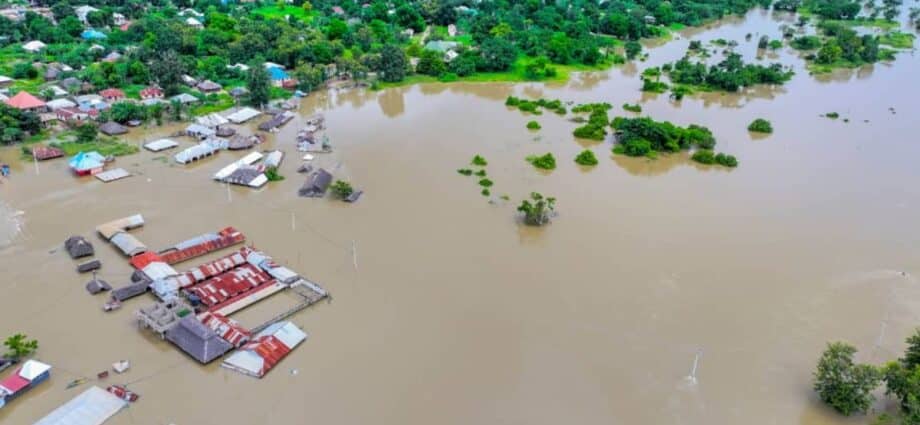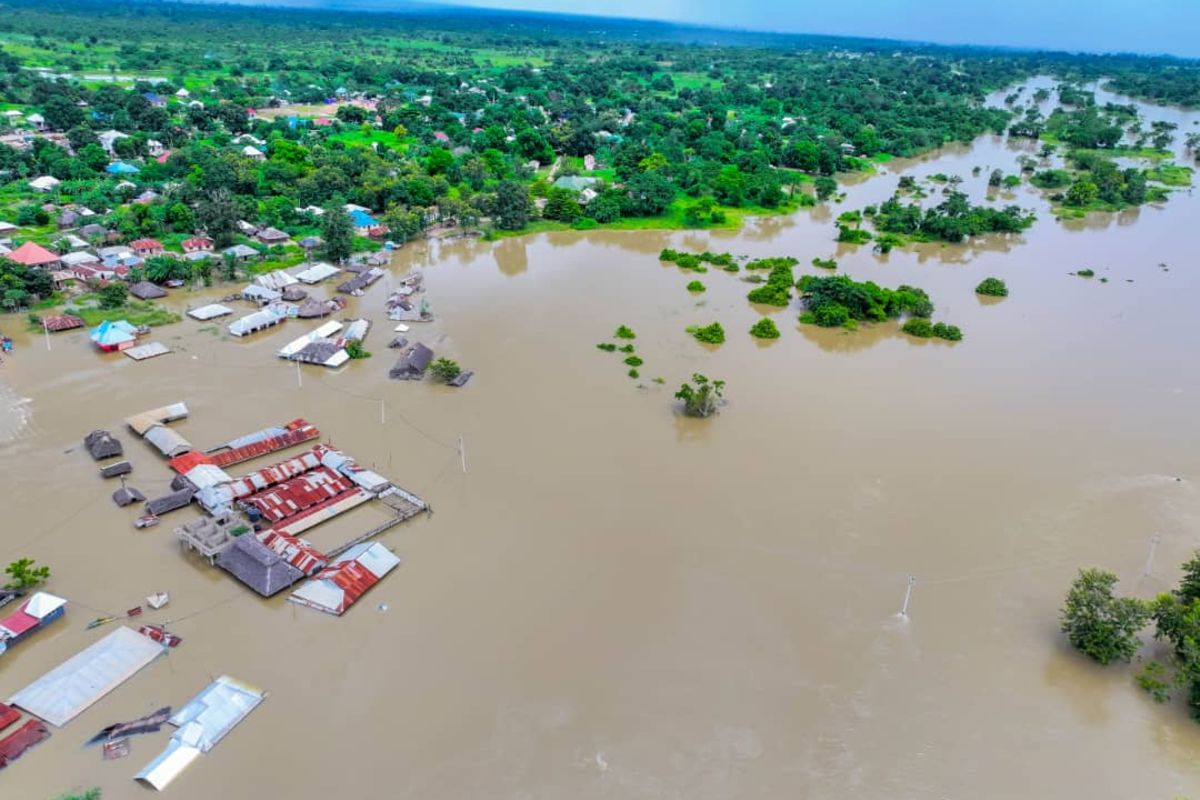May 2024 was the warmest May on record. And every month before that, starting in June 2023, was the world’s hottest such month on record, according to data from the Copernicus Climate Change Service.
This warming climate has generated devastating impacts on communities across the world, but especially in Africa, where droughts and floods are lasting longer and cyclones are becoming more destructive.
We are seeing this now in Eastern Africa, where heavy rains and flash floods continue to cause damage and displacement. And who can forget the devastation caused by Cyclone Freddy, which in 2023 affected six countries in Africa and was the longest-lasting tropical cyclone ever recorded. It became the third-deadliest tropical cyclone recorded in the Southern Hemisphere.
Communities that face extreme weather and climate events exhibit tremendous resourcefulness, local innovation and resilience to deal with these events with the locally available knowledge and resources, as best as they can.
However, in the face of such extreme weather events, if their efforts are complemented by effective early warning and early action systems, the loss of lives and livelihoods can be reduced greatly.
Effective early warning and early action systems, that are multi-hazard and trigger early actions by governments and communities, have been shown to help countries reduce disaster deaths by six-fold, and can help them reduce economic damage by 30 percent with warnings as little as 24 hours before a hazardous event.
Despite these benefits, huge gaps remain around the world in early warning coverage. In Africa, only 45 percent of countries have reported the existence of systems.
That is why the Government of Tanzania, the Government of Italy, through the Italian Agency for Development Cooperation (AICS), and the United Nations Office for Disaster Risk Reduction (UNDRR) have partnered to establish Tanzania’s first national situation room for early warning and early action – the Emergency Operation and Communication Centre (EOCC), which was inaugurated in Dodoma on June 14, 2024.
This centre will combine real-time data on current and emerging disaster risks with data on past disasters to issue timely forecasts and bulletins. These forecasts and bulletins will aim to trigger protective early actions to save lives, protect livelihoods and safeguard economic sectors.
What makes this centre unique is that it is also the first national situation room to join a growing content-wide network of sub-regional situation rooms under the African Union’s Africa Multi-Hazard Early Warning and Early Action System Programme. As a result, Tanzania will be able to access data from across Africa to guard against cross-border hazards, increase its early warning lead time to meet the needs of its vulnerable communities, and enhance the coordination and effectiveness of early and anticipatory action, while at the same time contributing its data for the benefit of the region.
On a broader level, Italy has been a steadfast partner in supporting Africa to build its disaster resilience. The continental situation room in Addis Ababa and the regional ones in Niamey, Nairobi, Abuja have been created thanks to the support of Italy. This is the fruit of a partnership with Africa which will grow even more with the “Mattei Plan,” which was launched by the Italian Government and aims to intensify and expand cooperation with the continent.
The inauguration of the national centre in Tanzania and the expansion of the African Union network are two great steps towards creating universal early warning coverage, as called for by the United Nations Secretary-General’s Early Warnings for All initiative, which he launched in 2022 to protect every person on the planet with an early warning system by the year 2027.
Italy, Tanzania, the African Union and UNDRR are all proud to play their part in achieving this goal, but we can’t do this alone.
The scale of the challenges that countries face is large and covers every aspect of the early warning chain, from understanding risks to enabling the most vulnerable members of society to act on the early warnings. That is why we need all countries and partners, including the private sector, to support this global effort.
We cannot rest until every country and every community in Africa is protected by a multi-hazard early warning system that leaves no one behind.
Written by Dr Jim James Yonazi, Permanent Secretary, Prime Minister’s Office for Policy, Parliament and Coordination, United Republic of Tanzania; Mr Marco Riccardo Rusconi, Director of the Italian Agency for Development Cooperation (AICS); Mr Kamal Kishore, the Special Representative of the UN Secretary-General for Disaster Risk Reduction and Head of the UN Office for Disaster Risk Reduction (UNDRR)














